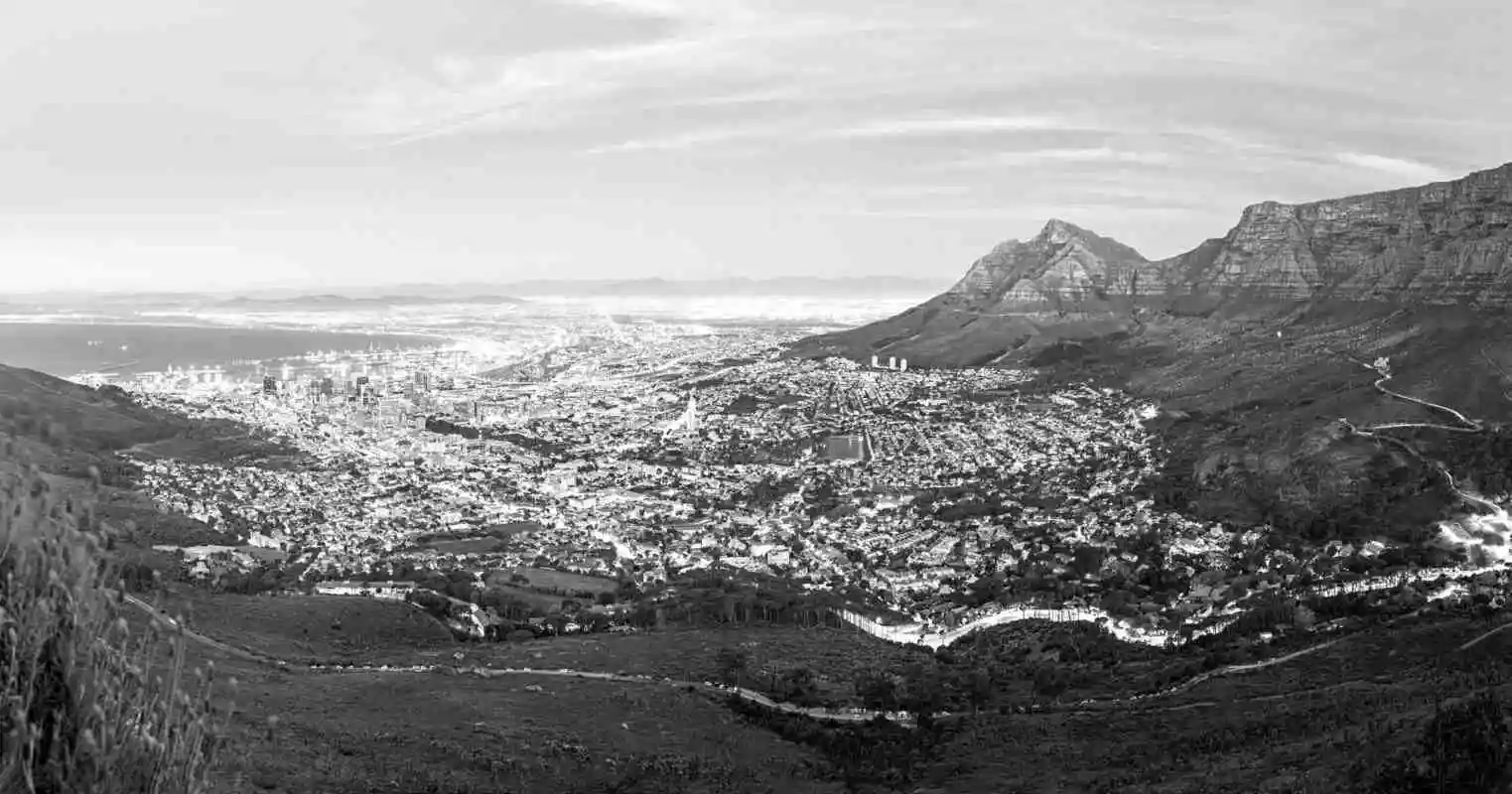About South Africa
Africa is a massive continent comprising 55 countries with diverse histories, economies, political, legal and tax systems. Sub-Saharan Africa alone is now home to more than one billion people, half of whom will be under 25 years old by 2050, which represents a dynamic workforce and a massive consumer and business market. The recently launched Africa Continental Free Trade Area Agreement (AfCFTA) will in time further accelerate investment and trade opportunities.
South Africa boasts the most advanced, broad-based economy in sub-Saharan Africa. The investment climate is fortified by stable institutions, an independent judiciary and robust legal sector, a free press, a mature financial and services sector and experienced local partners.
Please contact us if you have any questions or queries and your local representative will be in touch with you as soon as possible.

